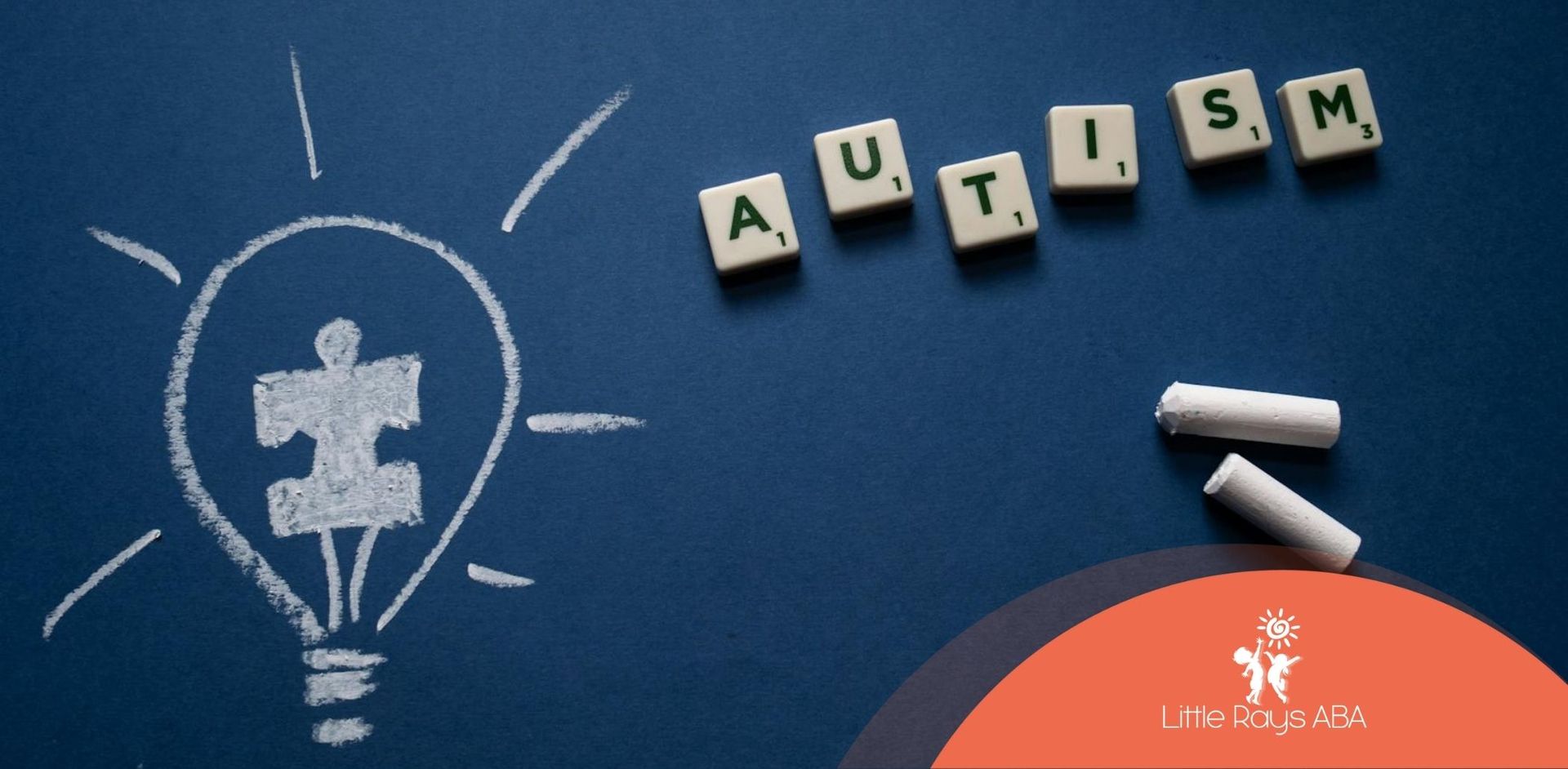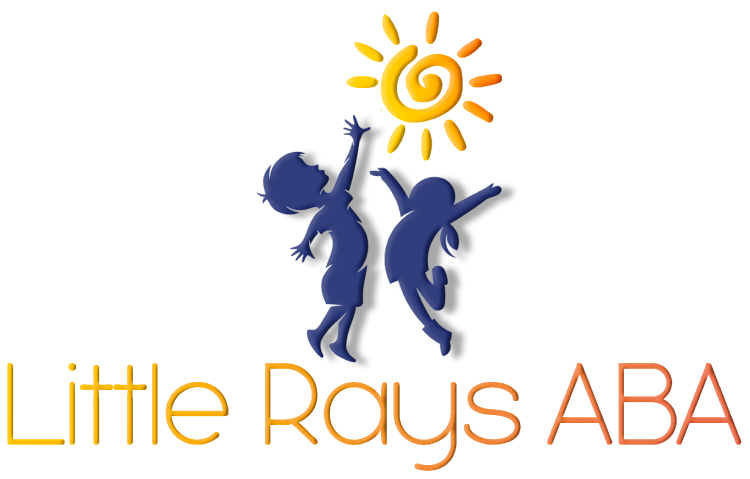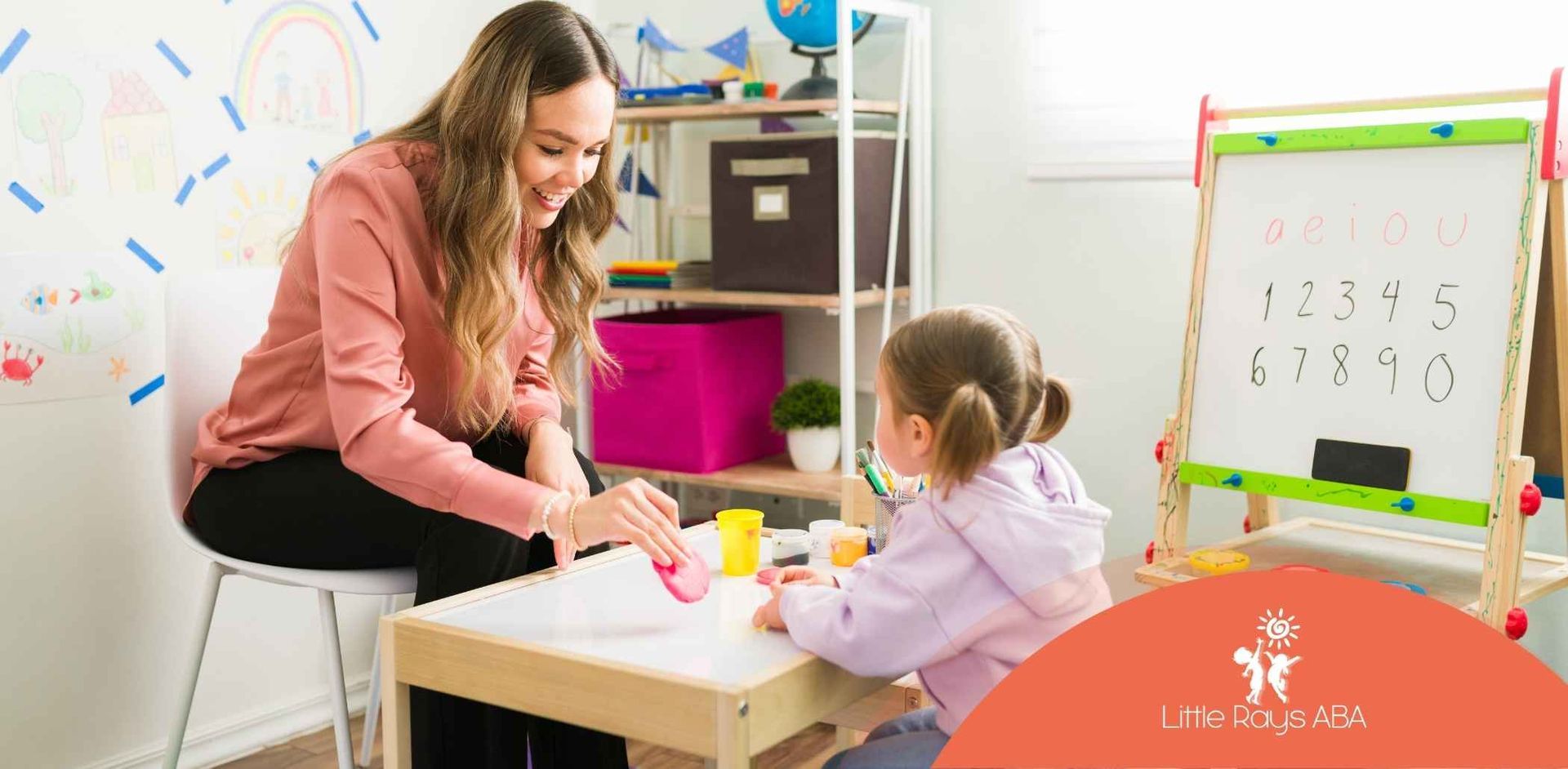
Essential Autism Resources in Florida for Families and Educators
Autism in Florida
Definition of Autism Spectrum Disorder (ASD)
Autism Spectrum Disorder (ASD) is defined as a range of pervasive developmental disorders that adversely affect a student's functioning, necessitating specially designed instruction and related services. The characteristics of ASD include qualitative impairments in social interaction and communication, alongside restricted repetitive and/or stereotyped patterns of behavior.
The diverse nature of ASD means that individuals may experience these characteristics in varying degrees, making each person's condition unique. This complexity underscores the importance of tailored educational and therapeutic interventions to support the needs of individuals with ASD.
Transition Services in Florida
In Florida, transition services are crucial for students with disabilities, including those with ASD. These services assist in the transition from high school to postsecondary education, employment, and independent living. The process begins at age 12 and may continue until age 22, ensuring comprehensive support throughout these pivotal years.
Key aspects of transition services in Florida include:
- Individualized Education Program (IEP) Transition Plans: Custom plans developed to address specific needs and goals related to education, vocational training, and life skills.
- Vocational Training and Support: Resources to help students gain job skills and find employment opportunities.
- Educational Opportunities: Assistance with accessing postsecondary education programs, including community colleges and vocational schools.
- Independent Living Skills: Training in essential life skills, such as managing personal finances, self-care, and daily living activities.
Florida offers various programs and resources to support these transition services. For more details on educational opportunities, visit our article on autism schools in Florida. For those looking for therapeutic interventions, our guide on autism treatment centers in Florida provides comprehensive information on available services.
Families and educators play a vital role in ensuring that these services are effectively utilized, helping individuals with ASD achieve their highest potential in all aspects of life.
| Age Range | Transition Focus Areas | Key Resources |
|---|---|---|
| 12-14 | Early Career Exploration, Social Skills Training | School IEPs, Community Programs |
| 15-18 | Vocational Training, Postsecondary Education Prep | Vocational Rehabilitation, Career Counseling |
| 19-22 | Employment, Independent Living Skills | Adult Education, Job Placement Services |
For more statistical insights, refer to our Florida autism statistics.
Support Programs in Florida
Little Rays ABA
Little Rays ABA is a significant resource in Florida for families dealing with autism. They provide comprehensive therapy services tailored to meet the needs of children with ASD and other developmental delays.
- Clinical Team: Little Rays has a dedicated and highly experienced clinical team that includes compassionate Board Certified Behavior Analysts (BCBAs) and Registered Behavior Technicians (RBTs).
| Service | Details |
|---|---|
| Clinical Team | Board Certified Behavior Analysts (BCBAs) and Registered Behavior Technicians (RBTs) |
| Therapy Services | Focused on children with ASD and developmental delays |
These services are designed to provide individualized care, ensuring that each child receives the attention and support they need.
Center for Autism and Related Disabilities (CARD)
The Center for Autism and Related Disabilities, often known as CARD, offers extensive support programs designed to assist individuals with ASD and related conditions, as well as their families and professionals in Florida.
- Consultation and Training: CARD provides consultation and training to families, educators, and agency staff. They offer resources and strategies to support individuals with ASD in various settings.
- Outreach and Technical Assistance: CARD engages in outreach activities and provides technical assistance to promote acceptance and understanding of autism within communities.
- Resources: The center offers a wealth of resources, including educational materials, referrals, and support networks, ensuring families have access to the information and assistance they need.
By familiarizing themselves with these key support programs, families and educators can effectively utilize available resources to provide the best possible care and support for children with autism in Florida.
Education and Clinical Services
Addressing the needs of children with Autism Spectrum Disorder (ASD) requires a comprehensive approach that includes tailored educational programs and dedicated clinical services. Florida offers a range of services designed to support children with autism, their families, and educators. This section highlights some of the significant resources available in the state.
Little Rays Clinical Team
Little Rays ABA in Florida boasts a proficient clinical team dedicated to providing high-quality care for children with autism spectrum disorder and developmental delays. The team consists of formidable Board Certified Behavior Analysts (BCBAs) and Registered Behavior Technicians (RBTs).
This professional team works collaboratively to create personalized therapy plans aimed at addressing the specific needs of each child. The clinical services at Little Rays include a range of therapeutic interventions, behavior analysis, and developmental support, all tailored to enhance the overall well-being of children with ASD.
Thrive Academy
Thrive Academy is a private educational institution specifically designed for youth and young adults with ASD. The academy focuses on empowering students through individualized learning approaches that cater to their unique needs. Thrive Academy offers a well-rounded curriculum, including subjects like English Language Arts, Mathematics, Social Studies, and Science, ensuring that students receive a holistic and inclusive education.
| Subject | Individualized Learning Approaches |
|---|---|
| English Language Arts | Tailored Reading and Writing Programs |
| Mathematics | Customized Problem-Solving Activities |
| Social Studies | Contextual and Relevant Lessons |
| Science | Interactive and Hands-On Learning |
By integrating education with clinical services, Florida ensures a comprehensive support system for children with autism and their families. These resources are essential in fostering an inclusive and empowering environment, helping children with ASD reach their full potential.
Additional Resources in Florida
For families and educators seeking autism resources in Florida, several organizations provide crucial support and services. Here are three key resources that can make a significant difference.
Disability Rights Florida
Disability Rights Florida is the state’s designated protection and advocacy system for individuals with disabilities. Established in 1977, Disability Rights Florida offers free and confidential services to protect the rights of individuals with disabilities. They provide legal advocacy, self-advocacy support, and resource linkage to ensure individuals with disabilities receive the support they need.
Key Services:
- Legal representation for civil rights issues
- Advocacy for access to disability benefits
- Assistance with discrimination complaints
For more details on their services and how to access them, visit their official website.
Gardiner Scholarship Program
The Gardiner Scholarship Program in Florida provides scholarships to eligible students with special needs. This program allows families to tailor an educational program specific to their child’s needs. Scholarships can be used for various services and products, such as speech or occupational therapy, private school tuition, and contributions to college prepaid accounts.
| Service/Product | Description |
|---|---|
| Speech Therapy | Customized speech-language services |
| Occupational Therapy | Targeted developmental services |
| Private School Tuition | Enrollment in approved private educations |
| College Prepaid Accounts | Contributions to future educational costs |
Florida Division of Vocational Rehabilitation
The Florida Division of Vocational Rehabilitation (VR) helps individuals with disabilities secure and maintain employment. They offer customized employment services to match the unique needs and abilities of individuals with ASD. Programs include job coaching, vocational counseling, and employment placement.
Key Programs:
- Job Coaching:
Tailored support to help individuals adapt to workplace environments
- Vocational Counseling: Professional guidance on career paths suitable for individuals with disabilities
- Employment Placement: Assistance in finding suitable employment opportunities
These resources form just a part of the broad spectrum of support available in Florida for individuals with autism and their families.
Autism Statistics in Florida
Prevalence of Autism in Florida
Autism Spectrum Disorder (ASD) is a significant concern in Florida, with the state having the highest prevalence of autism in the United States. Research shows that
4.88% of children in Florida are diagnosed with ASD. This statistic underscores the importance of accessible autism resources in Florida for affected families and professionals.
The table below provides a snapshot of the autism prevalence:
| Year | Prevalence Rate (US) | Prevalence Rate (Florida) |
|---|---|---|
| 2000 | 1 in 150 | -- |
| 2016 | 1 in 54 | -- |
| 2022 | 1 in 36 | 1 in 31 |
Source: Autism Florida
Growing Concerns and Trends
The rising prevalence of ASD is a pressing issue. Over the past decade, the number of individuals diagnosed with autism has increased by 175% in the United States. In Florida, this surge has heightened the demand for specialized support programs and resources.
Key concerns and trends include:
- Wandering and Safety: Approximately 48% of children with autism wander from a safe environment, a statistic that is believed to be underreported.
- Drowning Risks: Florida has a notably high rate of child drownings. Children with autism are 160 times more likely to experience both nonfatal and fatal drownings compared to their neurotypical peers. The Autism Society of Florida addresses this issue by offering swim grants, CPR classes, and water safety training for instructors.
Understanding these growing concerns and trends is essential for educators, healthcare professionals, and families. By addressing these issues, the community can better support individuals with ASD and ensure their safety and well-being.
Autism Support Groups
Prominent Support Groups in Florida
Florida is home to several prominent autism support groups dedicated to providing essential resources, advocacy, and community support. Key organizations include:
- Autism Society of Florida
- Autism Speaks – Florida Chapter
- Center for Autism and Related Disabilities (CARD) Florida
- Autism Society of Greater Orlando (ASGO)
Each of these groups offers unique services and resources to individuals with autism and their families.
Services Provided by Support Groups
Support groups in Florida offer a variety of services designed to assist individuals with autism and their families. These services can be broadly categorized as follows:
- Emotional Support: Many groups provide safe and understanding environments where parents, caregivers, and individuals with autism can share their experiences and receive emotional support.
- Parent and Caregiver Support: Resources and workshops aimed at educating and supporting those who care for individuals with autism.
- Information and Resources: Provision of up-to-date information on autism, educational materials, and referrals to other services or specialists.
- Advocacy and Awareness: Efforts to promote awareness and understanding of autism in the broader community through events, campaigns, and partnerships.
- Inclusion Programs: Activities and initiatives aimed at promoting the inclusion of individuals with autism in various societal settings.
Impact and Mission of Autism Support Groups
The impact and mission of autism support groups in Florida revolve around fostering understanding, advocacy, and inclusivity for individuals with autism spectrum disorder (ASD).
For example, the Autism Society of Florida (ASF) focuses on ensuring that individuals with autism have access to the best opportunities for growth and inclusion. They accomplish this through various initiatives including:
- Support groups
- Educational workshops
- Advocacy efforts
- Programs like first responder training and safe school initiatives
These support groups collaborate with local legislators to introduce comprehensive bills focused on early identification and intervention for individuals with autism, aiming to positively impact outcomes for children as they grow into adults.
Services Provided
| Service Type | Description |
|---|---|
| Emotional Support | Safe environments for sharing experiences and receiving emotional support |
| Parent/Caregiver Support | Workshops and resources for caregivers |
| Information/Resources | Up-to-date information, educational materials, and referrals |
| Advocacy/Awareness | Promoting autism awareness and understanding through events and campaigns |
| Inclusion Programs | Initiatives to promote inclusion in various societal settings |
Understanding the resources available and the mission of these support groups can offer valuable assistance to those affected by autism.
SOURCES:
https://www.fldoe.org/academics/exceptional-student-edu/ese-eligibility/autism-spectrum-disorder-asd.stml
https://www.floridahealth.gov/programs-and-services/people-with-disabilities/bright-expectations/conditions/autism.html
https://www.autismfl.org/resources
https://www.autismfl.org/
https://pubmed.ncbi.nlm.nih.gov/30508021/
Related Posts





